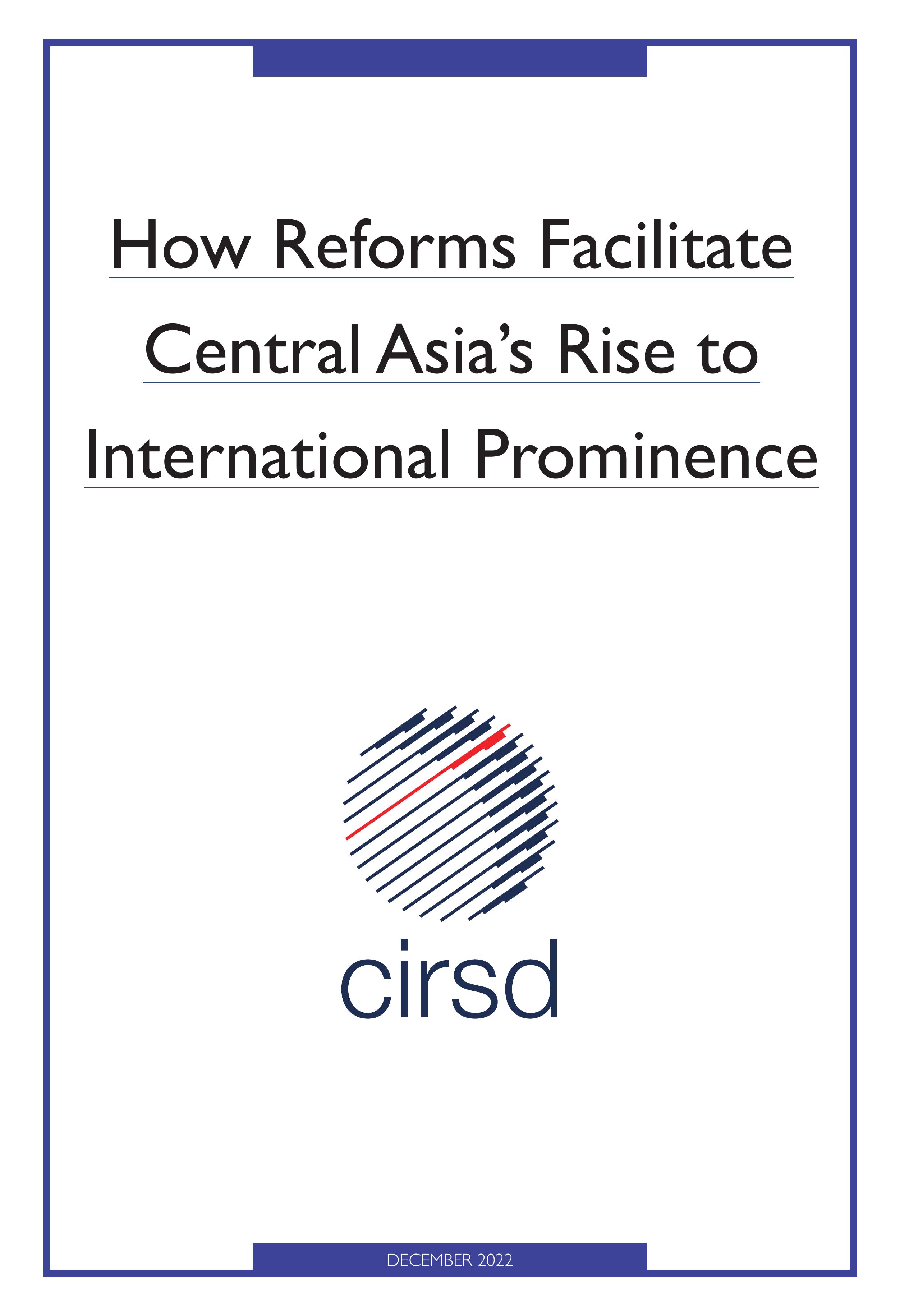EXECUTIVE SUMMARY
Central Asian states have sought to connect themselves to global markets
and chart their own path to prosperity ever since gaining independence
from the Soviet Union in 1991. Landlocked and squeezed between neighbors
that are both powerful (like Russia and China) and unpredictable (like Iran and Afghanistan),
the region has seen its share of competition and dissonance—sometimes
resulting in outbursts of violence. This meant that any road to development would
require a significant degree of maneuvering and balancing among an array of internal
and external dangers. Additionally, it meant that whenever stability and progress came
close to colliding, stability would normally hold the upper hand. Central Asia thus found
itself in a dilemma of needing to move away from the old Soviet system in order to foster
growth and not being able to undertake decisive efforts at reform due to its own fragility.
Nevertheless, the countries of Central Asia have all achieved tangible economic
progress in their post-Soviet days. Kazakhstan, as the region’s centerpiece and largest
economy, reached a GDP growth of more than seven times its size in 1991—from a
mere $25 billion to $182 billion in 2019 under the leadership of its first president Nursultan
Nazarbayev. Similarly, Uzbekistan, the most populous country of Central Asia,
reached the peak of its development in 2016, right before the death of its long-serving
leader Islam Karimov. While much can be said about the ways in which economic
growth and development is possible without substantial political reform, such systems
are destined to eventually face rising inequality and stagnation. Without exception,
this materialized in every state of the region, which threatened to sow long-term
instability. However, it also ushered in an era in which Central Asian elites started to realize
the growing danger to their own survival and that of their respective societies. A
clear-cut choice was before them: end their political careers in infamy and watch their
beloved countries unravel, or engage in reform that is all but certain to reap far-reaching
benefits, including for themselves. They chose the latter and they chose wisely.

 Author:
Author:






